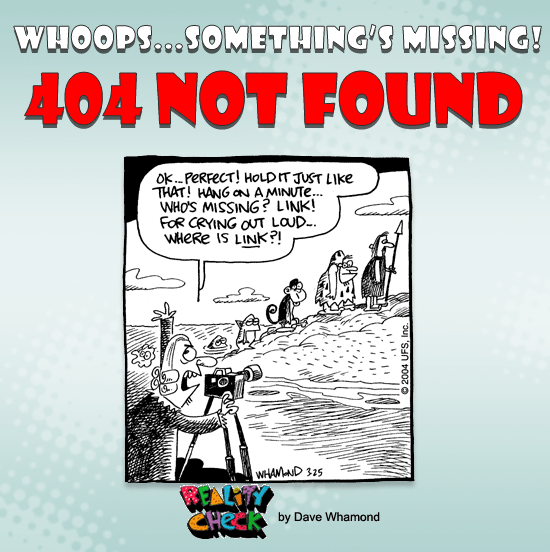Freakonomics: the intellectual's Glenn Beck?
The new Freakonomics book is about to come out (called Super Freakonomics, natch), and Marginal Revolution thinks it's great: "a more than worthy sequel, a super sequel you might say." So does Bryan Caplan at econlog: "Overall, it's better than the original." Time Magazine thinks it's "very good — jauntier and more assured than their first".
But not everyone is convinced: negative voices include Ezra Klein, "The Shoddy Statistics of Super Freakonomics", WaPo, 10/16/2009; Matt Yglesias, "Journalistic Malpractice From Leavitt [sic] and Dubner", 10/16/2009; Bradford Plumer, "Does 'Superfreakonomics' Need A Do-Over?", 10/16/2009; Andrew Sullivan, "Not So Super Freak", 10/17/2009.
Read the rest of this entry »

